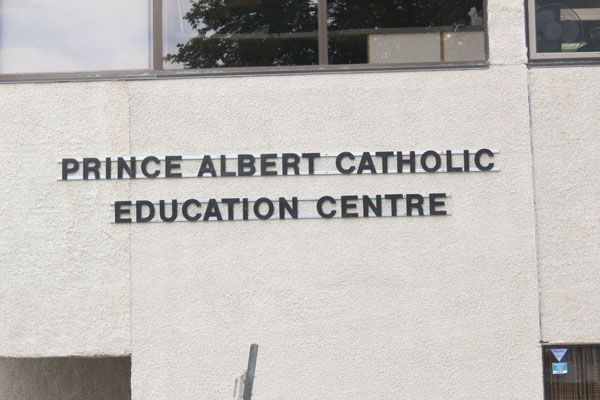High school students entering Grade 10 in 2024 will have a few new requirements to meet before they graduate after the provincial government announced changes in November.
As part of those changes, students will now need to take a course that focuses on financial literacy in order to graduate. There is also a change in the number of required credits for English language arts (ELA) and social sciences, and an increase in the number of electives students require to graduate.
Prince Albert Catholic School Division director of education Lorel Trumier welcomed the news. She said the school division has been advocating for adding a financial literacy course to the curriculum.
“I think it’s positive,” she said. “The changes to the graduation requirements are positive in that there will be a reduction of two English classes, but there’ll be opportunities for students to have, for example, a mandatory financial literacy course that they must take in Grade 10.
“They’ve chosen to create a course independent of other courses at the Grade 10 level. The social sciences curriculum is going to be also rewritten and modified, so we’re looking forward to what that will bring.”
A new grade 10 Financial Literacy credit will provide the building blocks for students to understand personal finance and the economy, according to a Ministry of Education press release. Adding a financial literacy credit also aligns with the majority of Canadian jurisdictions that require students to learn about financial literacy.
A change to the number of required credits for English language arts (ELA), from five to three, with one requirement at each of the Grades 10, 11 and 12 levels will bring Saskatchewan into alignment with other provinces, including British Columbia, Alberta, Manitoba and Ontario, which all require three ELA credits to graduate.
“If it creates some room there, then there will be an opportunity for students to take another curriculum,” Trumier said. “They do indicate to us that it’s bringing Saskatchewan to an alignment with other provinces like British Columbia and Alberta and Manitoba and Ontario.”
Required credits for social sciences will change from three to two and will bring Saskatchewan into alignment with other jurisdictions. British Columbia and Manitoba each require two credits, while Ontario requires 1.5 credits.
The number of credits required to graduate has not changed. Saskatchewan students will still need 24 credits to graduate, but students will now have more choice and flexibility in how they achieve those 24 required credits. The number of required high school credits remains the same for all other subject areas.
michael.oleksyn@paherald.sk.ca


